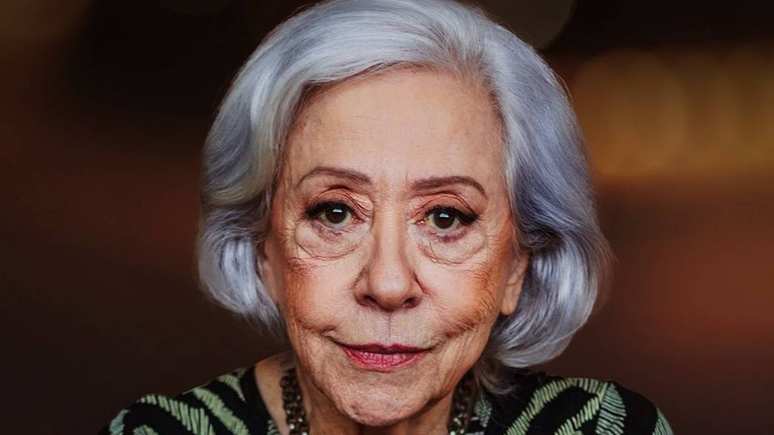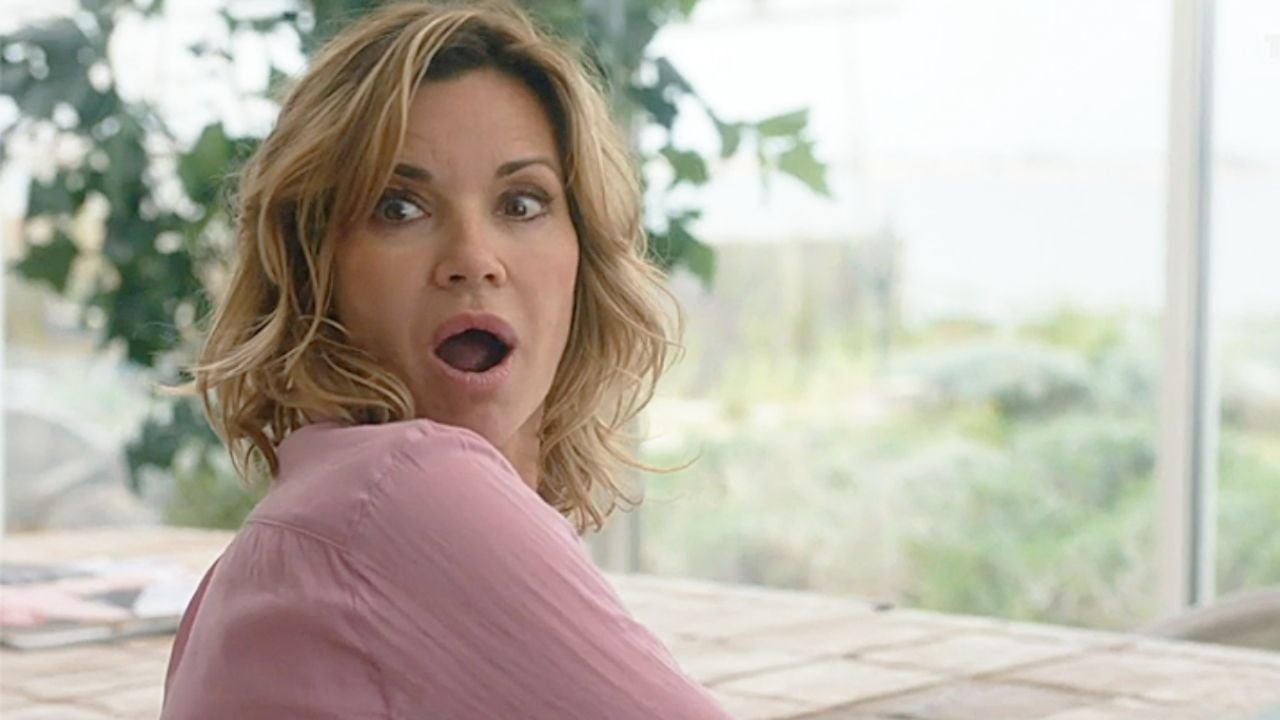The geriatrician reveals how habits, goals and social connections can be more decisive than genetics for aging well
At 95 years old, Fernanda Montenegro She remains active in playwriting and inspires not only with her talent, but with the way she ages with health, purpose, and vitality. His example demonstrates that healthy longevity goes far beyond genetics, as it depends on habits, social connections, cognitive stimulation and medical monitoring.
The geriatrician Sumika Mori says examples like the actress’s demonstrate that it’s possible to age healthily and with purpose. Explain that there are clear models of social and intellectual engagement, which require discipline and commitment. According to the doctor, research on the so-called super elderly (people between 85 and 105 years old who remain lucid and active), published in the North American scientific journal PLoS One (Public Library of Science One), reveals recurring points, such as strong family ties, active social life, optimism and, in some cases, favorable genetic variants in the APOE and FOXO3 genes.
These older adults tend to have a strong support network and are involved in community activities, which strengthens their sense of belonging and purpose. Socialization also tends to be more selective: “They give priority to quality relationships and stay away from ties that generate conflicts,” he points out. Even in the face of physical limitations, they maintain positive perceptions of health and autonomy, with striking traits among those who age well.
The pillars of longevity
Nutrition, exercise, sleep and mental health are the four fundamental pillars of a long life. However, they are interdependent and the weight of each varies depending on each person’s history and context.
According to the expert, a person who has always eaten well, but done little physical exercise, may have had diet as the main protective factor. In addition to these four classic pillars, risk management and access to healthcare are also key. “In some countries, such as those in Africa, longevity is still strongly influenced by these factors. Many premature deaths occur due to a lack of risk control and access to health services,” he says.
Genetics and lifestyle
For a long time it was believed that aging well was the “cradle of luck”. However, Sumika comments that studies show that lifestyle habits carry much more weight than genetics. “Today we know that genetics contributes only 20% to 30% to longevity,” he points out.
Recent studies reinforce the fact that lifestyle weighs more than genetics in how we age. Research on twins published in the journal Clinical Nutrition has shown that poor eating habits can accelerate biological aging, even in young people with the same DNA.
Start early or now?
According to the geriatrician, the biggest mistake is believing that it is no longer worth changing. It reinforces the fact that the body is generous and responds quickly to small changes, such as walking more, sleeping better and taking care of one’s diet, directly impacting one’s autonomy and disposition.
As Sumika reminds us, the ideal is for treatment to start early, in healthy environments and with good opportunities for education and coexistence. In addition, the doctor draws attention to the sense organs, especially hearing. “Hearing loss in middle age is strongly associated with Alzheimer’s disease. Avoiding loud headphones and loud sounds is a simple preventative measure,” he warns. Even in frail older adults, combined interventions, with adequate nutrition, physical activity and disease control, can improve mobility, cognitive abilities and quality of life.
Active aging
Social connections, work, and intellectual activity are key to maintaining a healthy brain and well-being. The geriatrician explains that living with other people, participating in groups and maintaining frequent contact with family and friends reduces the risk of cognitive decline and dementia. Social isolation, on the other hand, increases this risk. Staying intellectually active, whether through work, reading or board games, also helps preserve memory.
Purpose in life is another protective factor. People with a high sense of purpose have a lower risk of cognitive impairment, slower mental decline, and even lower mortality. “Having a purpose works like a psychological shield. It increases resilience, reduces the effects of loneliness and encourages healthy habits,” he says.
The future of longevity
As life expectancy increases in Brazil, the challenge is twofold: ensuring health and financially planning for old age. The doctor warns that it is essential to take care of yourself, but also think about financial sustainability. He emphasizes that investing and saving with a longer horizon is a real necessity.
In medicine, Sumika says new technologies promise to revolutionize healthy aging, such as sanolytics, metformin, mTOR inhibitors, epigenetic reprogramming, cell and gene therapies, as well as digital biomarkers. While promising, these innovations are still far from widespread use.
In the short term, simple and accessible solutions are already making a difference, such as Icope (Integrated Care for Older People), a program developed by the World Health Organization (WHO), which helps prevent the loss of functional capacity in the elderly. “It is a medicine that is more focused on the individual than on diseases. This, I believe, will be one of the greatest transformations of medicine of the future,” he concludes.
Specialist
Sumika Mori is a specialist in Clinical Medicine from the Brazilian Medical Association and in Geriatrics from the Brazilian Society of Geriatrics and Gerontology, as well as a Doctorate in Medical Sciences from the Hospital das Clínicas of the Faculty of Medicine of the University of São Paulo (USP). She is coordinator of the geriatric team at the Santa Cruz Hospital and of the frailty clinic at the USP Hospital das Clínicas. The doctor is also a specialist in Lifestyle Medicine at the American College of Lifestyle Medicine and founder of Goki Geriatrics, a clinic that offers multidisciplinary care focused on a comprehensive approach to older adults, valuing not only the biology, but the humanity of each patient.
Source: Terra
Rose James is a Gossipify movie and series reviewer known for her in-depth analysis and unique perspective on the latest releases. With a background in film studies, she provides engaging and informative reviews, and keeps readers up to date with industry trends and emerging talents.







